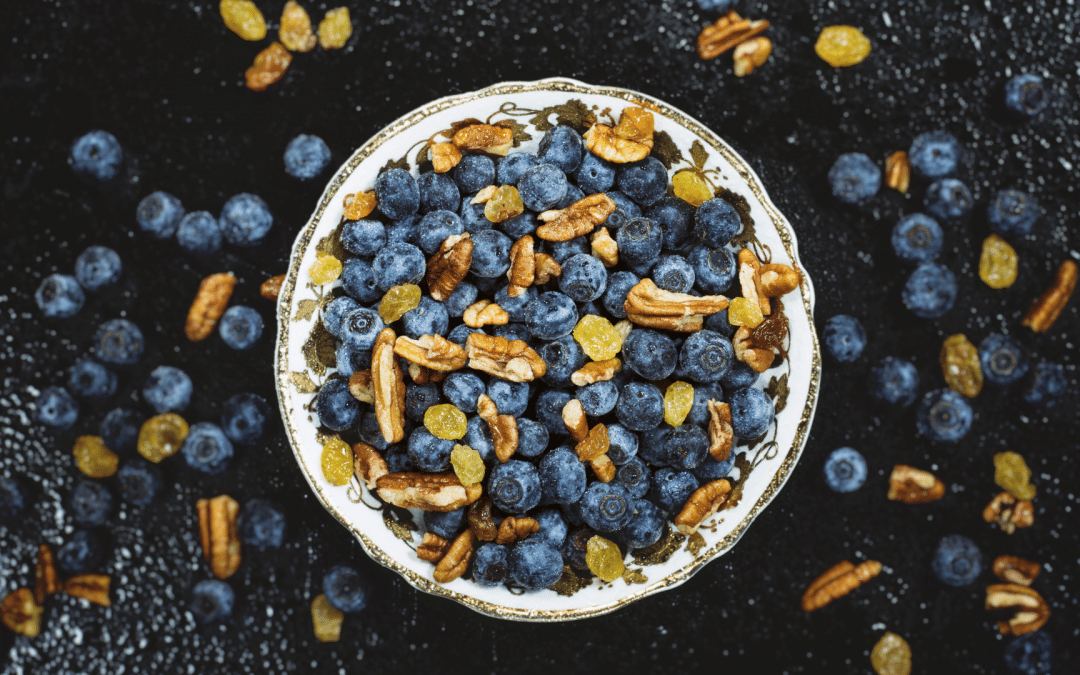What are Antioxidants?
To understand the importance of antioxidants, we must first explain free radicals. Free radicals are highly unstable molecules that are naturally formed when you exercise and when your body converts food into energy. Your body can also be exposed to free radicals from a variety of environmental sources, such as cigarette smoke, air pollution, and sunlight. Free radicals cause “oxidative stress,” which is a process that triggers cell damage. Oxidative stress is thought to play a role in a variety of diseases including cancer, cardiovascular diseases, diabetes, Alzheimer’s disease, Parkinson’s disease, and eye diseases such as cataracts and age-related macular degeneration. Antioxidants, such as vitamins C and E, carotenoids, flavonoids, tannins, phenols and lignans, help protect cells from damage caused by free radicals and oxidative stress.
Incorporating Antioxidants into Your Diet
Plant-based foods are the best, natural sources of antioxidants. This include fruits, vegetables, whole grains, nuts, seeds, herbs and spices, and even cocoa. As a bonus, the fruits, vegetables and whole grains that are high in antioxidants are also typically high in fiber, low in saturated fat and cholesterol, and are good sources of vitamins and minerals. So there are numerous health benefits to adding them to your diet! Listed below are just a few great options to get you started:
- Berries: Blueberries, blackberries, raspberries, strawberries and cranberries are among the top fruit sources of antioxidants.
- Colorful Veggies: Sweet potatoes, carrots, red and green peppers, kale, spinach, and broccoli all contain the antioxidant carotene. If you focus on choosing red, orange, deep yellow and dark green leafy vegetables every day, you are sure to reach your antioxidant goals.
- Nuts: Nuts and seeds also contain antioxidants. Our top choices include walnuts, pecans and sunflower seeds.
What about Supplements?
There are a variety of antioxidant supplements available; however, high- dose antioxidant supplements can be harmful to your health. Research shows these type of supplements may also interact negatively with some medications. Supplements in general cannot replace a healthy diet or regular medical care. If you are considering taking an antioxidant supplement, though, make sure to consult your physician before incorporating them into your diet.
For more information, visit NIH or Mayo Clinic! Antioxidants are a topic in our March edition of HD HeartBeat. If you are interesting in learning more about antioxidants, as well as additional health and wellness topics, you should consider signing up! Call (904) 285-2019 or visit our website!



